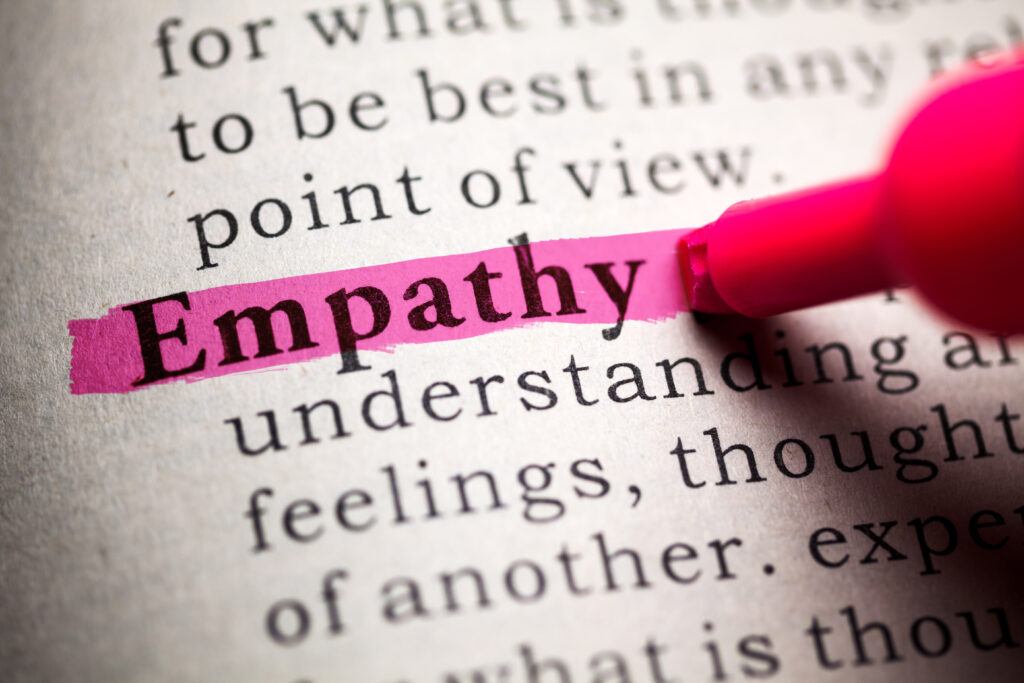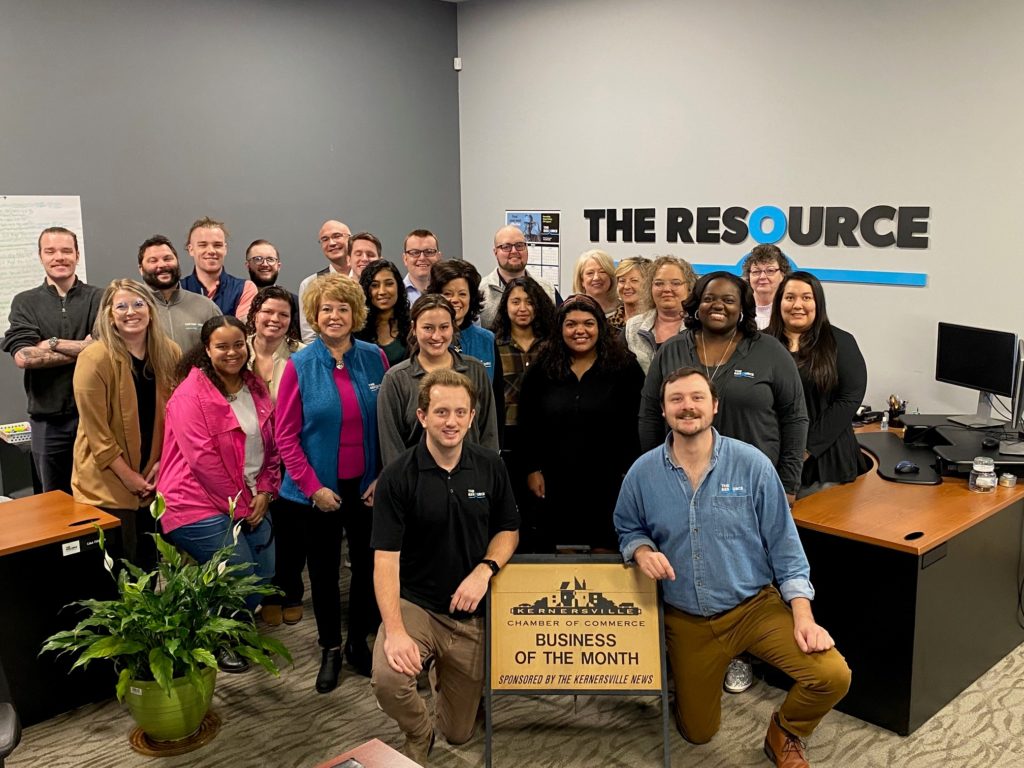One of the most important and underestimated skills needed for influential leadership is the ability to listen. In phone calls, face-to-face interactions, or virtual meetings, the emphasis is often on the speaker. But the listener, too, has a very important role to fill, especially if that listener is also a leader. Everyone has had the experience of participating in a conversation that just didn’t feel right. Often this happens when the other person isn’t listening actively. As social beings, people can sense when someone isn’t connecting to a conversation—a distancing or “out of touch” reaction that can lead others to feel frustration or anger. When “shallow” listening dominates over active listening, the negative repercussions can be both severe and widespread throughout the entire organization. The goal of any communication is to share information. But when someone is multitasking and not listening completely, the person who is presenting that information to them walks away feeling unheard, which can lead to a breakdown of trust and a sense of feeling unvalued. Even when they disagree with someone, leaders still need to listen actively by giving others their full attention. Shutting down before or during what should be a two-sided conversation clearly sends an unwelcome message: “I don’t care to hear you out.” When leaders pretend to listen and aren’t focused on what someone is saying, unnecessary mistakes and misunderstandings can result—an unfortunate and common situation in today’s business environment. To ensure that accurate and comprehensive information is being shared, leaders should ask open-ended questions (in particular, the “who, what, when, where, how, and why” ones), be curious about what the speaker is offering, and clarify to make sure everyone is on the same page. Leaders must build relationships based on trust and honesty. They can accomplish this only by listening—completely and sincerely—to the points that others make. Leaping to conclusions or trying to finish someone else’s sentences tells them that they don’t matter. Often, when someone is allowed to complete their message entirely, listeners realize that jumping in prematurely (and cutting off the speaker) would have led to wrong conclusions. When leaders remind themselves to stay quiet and be patient, they strengthen their relationships. If it becomes clear that a leader is only half-listening to what others are saying, they will never be taken seriously in their role. The people they work with will not want to share their ideas, because they won’t believe that their leader will listen to really understand. Under these circumstances, a leader can quickly fall out of the information-sharing loop and therefore lose their ability to have a positive impact on their team, department, and organization. At best, “shallow” listening can undermine relationships. At worst, it can destroy them. In all cases, though, it will have a significant negative impact on someone’s ability to be an effective leader. Anyone who wants to be a strong leader must cultivate their authentic listening skills and honor what others have to say. People Feel Unheard
Misunderstandings Occur
Relationships Are Damaged
Leader Effectiveness Is Compromised











